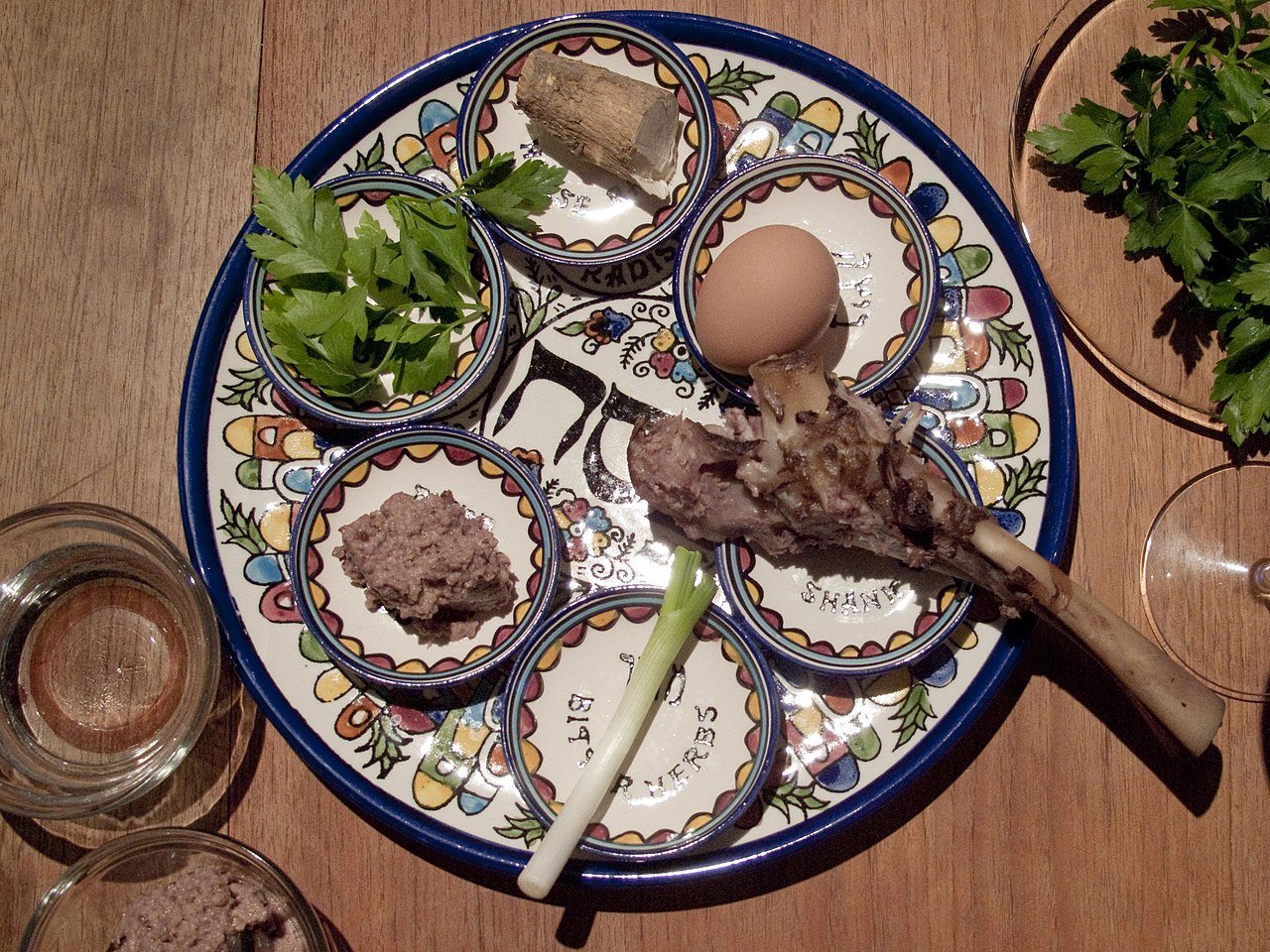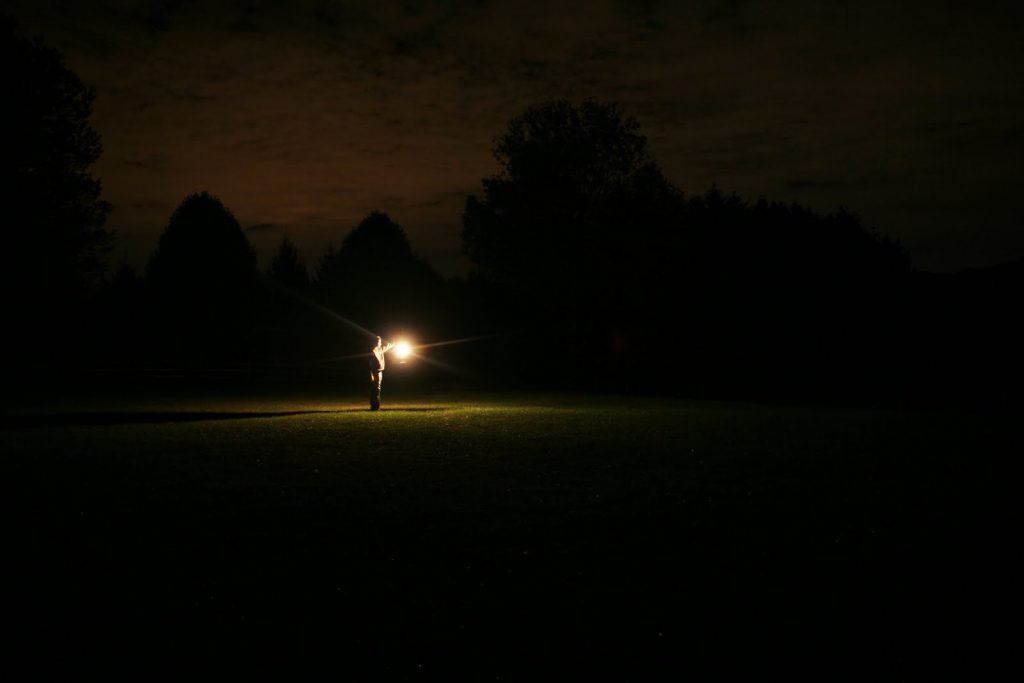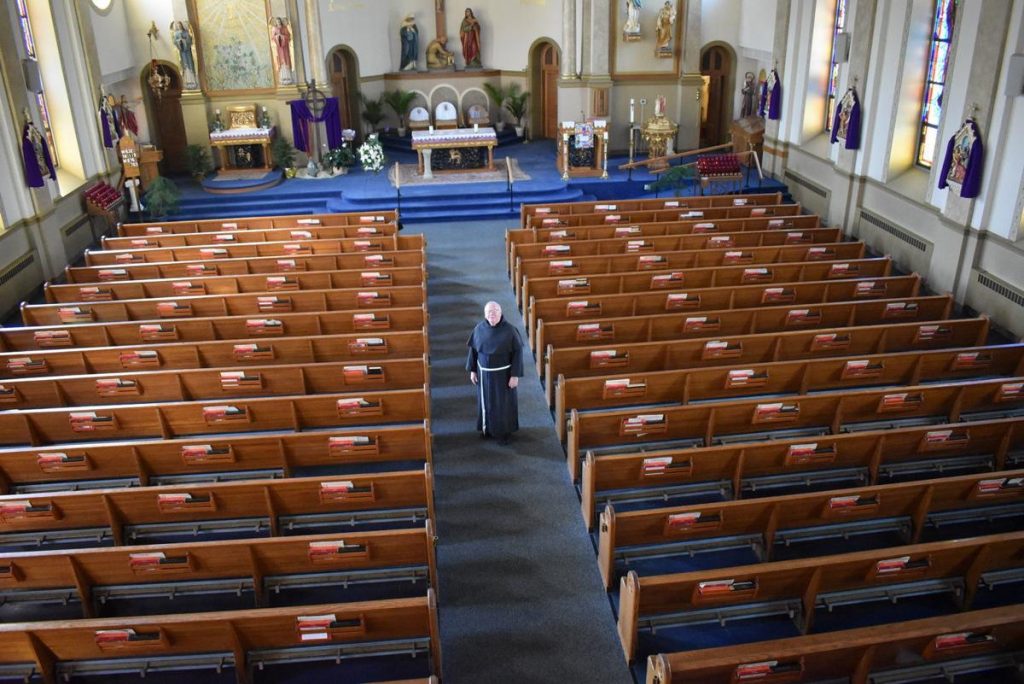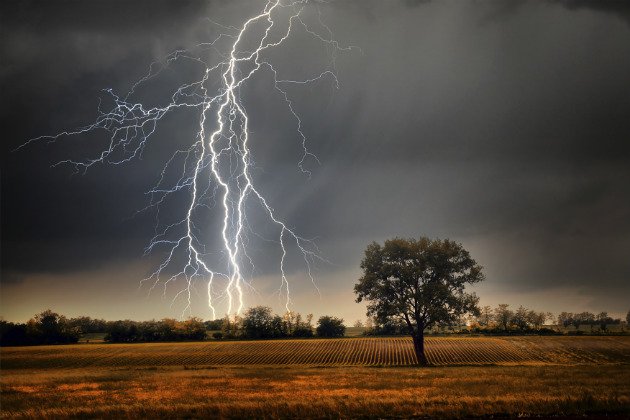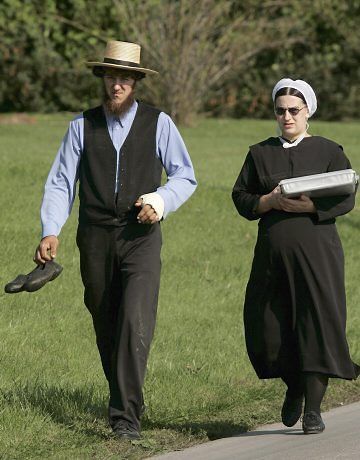Death rarely makes house calls. But for Maxwell Bennett, the man who dodged him 4,256 times, he made a very happy exception.
Maxwell Bennett had been on Death’s short list for several years, much longer than any of the other miraculous escapees. Most people cheat Death at least once. That’s a given. A lucky left turn instead of a right, and that car crash, that falling transformer, that flash dire in your living room: they never happen. You and everyone else go about your days none the wiser, unaware how close you came to your end.
But Death knows. He always does.
Death sees the consequences of every road not taken, at least for a while; not the whole picture (only God does that), but enough to know how close you came to meeting him.
Some people – Death calls them miraculous escapees (he has categories for all his patients) – seem to sense their approaching end. A gut feeling, an itch, a sudden zig instead of a zag. Their tragic deaths turn into afternoon picnics, and Death is left wondering: is this special insight or blind, stupid luck?
They can’t last forever, though. No one can. They’ll skate by for a few weeks, maybe a year. Then, one day, when they’re not looking, a bus catches them with their foot off the curb, or they’re out celebrating a friend’s wedding and that nasty shellfish allergy they didn’t know they had finally catches up to them, and that’s that. Deaths books are in order once again, and all is right with the world.
There are these people. And then there’s Maxwell Bennett.
Death had been tracking Maxwell Bennett for a long time; most of his life, in fact.
The first time Maxwell Bennett was supposed to have died, he was only a year and a half old. Little Maxwell had a nasty cough, and his mother, who hadn’t slept a wink in three whole days, gave him a dose of adult cough medicine to get him down. She left the unopened bottle next to his crib and, in the middle of the night, when Little Maxie woke up, he grabbed the cough medicine like it was his bottle and downed the whole thing in one gulp.
That should have been enough to do him in, but his teeth had just broken through his gums, and as he laid down to go back to sleep, he soothed the pain in his mouth by gnawing on the wooden posts of his bed, dislodging several splinters into his mouth in the process. This new pain woke him up immediately, and the force of his screams did what no medically administered ipecac would have, ejecting the recently consumed bottle of cough syrup all over his bed, his room, and himself.
Mrs Bennett, unaware of the tragedy that would have ensued – should have ensued – had it been any other child, was none too pleased at the prospect of cleaning up the vomitous expectoration in her son’s room in addition to yet another sleepless night.
When he was eight, he rode his brand new BMX bicycle down a large, grass hill, through the remnants of a wire fence denoting the property line on a farm that had long since been abandoned. Maxwell was a small boy, and the chinstrap on his helmet hung low. As he passed through at breakneck speeds, a taught cord of low-hanging wire caught the chinstrap and knocked him off his bike. He suffered a bruised tailbone instead of the outright decapitation that would have been the case for normal boys with properly positioned protective gear..
At ten, as Maxwell Bennett prepared to take his turn at bat in a Little League baseball game, he walked right up next to the hitter on deck just as the hitter took his practice homerun swing. He would have caught a metal bat to the face had he not ducked at just the right moment to tie his shoes. As things stood, Maxwell’s teammate struck out, and Maxwell hit into an inning-ending double-play.
Maxwell loved baseball, but baseball rarely loved him back.
Shortly after Maxwell’s twelfth birthday, the neighbor’s rabid pit bull attacked when Maxwell was cutting the grass behind his house. But because the canine had dislodged most of his teeth fighting a rogue German Shepherd down the street the previous night, none of the bites broke the skin. Instead, the teeth fell out of the dog’s mouth at first bite, and all Maxwell got was loud barking, a few scratches, and enough drool to fill a very large bucket. The doctors who checked him out said he was extremely lucky. “It’s a miracle!” they said.
But it wasn’t a miracle. It was just Maxwell Bennett.
Death’s record followed Maxwell Bennett into adulthood, enough to fill several notebooks. A near tragedy involving a table saw in high school that should have cut into his jugular, a hidden chicken bone at a sports bar on a night out with friends in college that should have become lodged in his throat, a mass shooting at a mall in Kentucky where he would have been gunned down by a madman if only he hadn’t got pulled over for running a red light two blocks shy of the mall.
“I’m sorry, officer,” Maxwell Bennett said. “To be honest, I was distracted by a text on my phone and I didn’t see the light.”
“Be careful, son,” the officer said, as emergency vehicles sped past them on the way to the mall. “This could have been a tragedy.”
Death just stood by and watched in disbelief. What else could he do? For nearly forty two years, whatever Death threw at him, Maxwell Bennett seemed to dodge with ease. The final tally, according to the now voluminous series of notebooks in Death’s accounting, included 792 missed encounters with wild animals, 2,297 failed food-related accidents, 4,256 missed car accidents, 1,406 walking/hiking accidents, and an eight month relationship with 1 red head who had learned from her mother how to kill a man with a ball peen hammer and dispose of the body in lye.
Unable to ply her trade with Maxwell Bennett, the red head moved on to an author of submarine fiction in Vermont, where she was much more successful. The lye pits near Manchester proved particularly useful.
This night, however, would be different. Death would look Maxwell Bennet in the face. And when the night was over, he could finally put a close to the most troublesome accounting problem he’d had since the births of both Methuselah and Keith Richards.
Death walked up to the door, and knocked three times. MAxwell Benett opened it.
“Hello,” he said. “I’ve been expecting you.”
“You have?”
“Of course. Why wouldn’t I? Everyone says you’re inevitable, right? You and taxes?”
Death sighed, put his hand on the door frame, pulled it away quickly, wiping off the sticky scumon his jeans.
“The problem with all those quotes about Death is 99% of the people who say them are still alive.”
“What do the 1% who are dead, say?”
“Want to find out?”
“We’ll see,” Maxwell Bennett said, smiling. “We’ll see. Come in. Sit down. Dinner’s almost ready.” He turned around, headed for the kitchen. The sound of pots and pans being moved about emanated from the doorway.
“Dinner?” Death stepped into the apartment and looked around, as if expecting some sort of trap. When no immediate attack presented itself, he shrugged, stepped in further, and took a seat at the kitchen table.
“So what brings you here?” Maxwell Bennett asked.
“I’ve been following you since you were a boy. All the many ways you’ve cheated me over the years. Your name is first on my list, and I plan to collect.”
Maxwell Bennett laughed from the kitchen.
“Have you been practicing that line? If so, you need to keep working on it. You sound like McDonald’s employee asking me if I want fries with my meal.” A cabinet door slammed. “Put some growl into it, some menage. You know? Really put some stank on it.”
Maxwell stuck his head out of the kitchen doorway. “Can I get you a drink? Beer? Glass of wine? Orange Juice, maybe?”
“Water is fine, thanks.”
“Sure thing.” Maxell returned to rummaging in the kitchen.
Death stared at the space in the kitchen door where Maxwell’s head used to be.
“You know, most people try to bargain with me when they find out who I am. They offer me gifts, riches, keys to their tiny, little kingdoms. Most people are afraid. But you…”
Maxwell Bennett stepped back into the dining room with a large plate.
“You serve me dinner?”
“It would be rude of me not to,” Maxwell said. “Besides, this is a special dinner.”
Death took the plate from Maxwell Bennet and set it on the table. The bitter herbs, romaine lettuce, charoset, karpas, a roast egg, and a roasted lamb bone. .
“Is this what I think it is? Is this a Seder plate?”
“Of course! It’s Passover, is it not? Are you familiar with Passover?”
Death grunted. “Of course. I was there at the first one, remember? They were trying to avoid seeing me.”
“Ah, yes,” Maxwell said. “I forgot.”
“I don’t understand, though. You’re not even Jewish.”
“You don’t have to be Jewish to celebrate Passover. God loves everyone, even us Gentiles, and we can celebrate him.”
Death smiled. “I see your plan, now,” he said. “You think affecting these rituals will keep me at bay like it did for Moses back in Egypt. Well, it won’t work.”
“No. I just had some extra lamb bones and charoset lying around, and I thought: ‘Why not?’ I had this feeling you know?”
Death swiveled his head to the corners of the apartment. Each of the miraculous escapees had reported these feelings just before escaping Death’s various traps. He wondered what trickery was at play.
Maxwell Bennet smiled, and waited.
“Well, at least you could have let me know. I’d have brought some bread to share. In fact, if you’ll allow, I can step out for just a moment and get the finest of loaves one can find in the farthest reaches of the Mediterranean. Your mouth will water just from the smell. And the taste! Oh, you will spend the rest of our life searching and never find a bread with a taste such as this.”
Matthew picked up two brown, paper bags.
“I got this Matzo at WalMart. Manager’s special! It was on sale for $1.95 with a BOGO discount. Can you believe that? I think it will work for us just fine. Plus, we need more than just bread to live, don’t we? Isn’t that in the Bible somewhere?”
“It is,” Death said. “It is.” Death took a sip from his water. He appeared lost in thought.
Maxwell sat up straight.
“Now that the sun has gone down and we have the elements in place, why don’t we begin?Mind if I do the honors?”
“Of course.”
“True,” Maxwell Bennett said, and began.
Maxwell bowed his head to pray. Death eyed him warily.
“The sixth day. And the heavens and the earth and all that filled them were complete. And on the seventh day God completed the labor He had performed, and He refrained on the seventh day from all the labor which He had performed. And God blessed the seventh day and He sanctified it, for He then refrained from all his labor – from the act of creation that God had performed.
Blessed are You, Lord our God, King of the Universe, Who sanctified us with His commandments, and hoped for us, and with love and intent invested us with His sacred Sabbath, as a memorial to the deed of Creation. It is the first among the holy festivals, commemorating the exodus from Egypt. For You chose us, and sanctified us, out of all nations, and with love and intent You invested us with Your Holy Sabbath.”
When Maxwell paused for breath, Death interrupted with a question.
“Tell me, Maxwell Bennett. How did you come to escape me all these years? Do you think God loves you more than everyone else?”
“No,” Maxwell Bennett said. “If that were true, the Cincinnati Bengals would have won the Super Bowl last year. I’ve been a Bengals fan since I was a kid. I love my family and friends and I help out in my community, but the one thing I’ve consistently prayed for my whole life was for the Bengals to win a Super Bowl. I figure if God loved me more than everyone else, he’d have made that happen by now.”
“But how can you tell? What if you are favored among men? Just imaging what you could do?”
“It’d be fun,” Maxwell said. “I bet I could finally get high average for my bowling league some season.”
“Here.” Death picked up a large carving knife and handed it to Maxwell. “Take this knife. Thrust it into your stomach. If God really does favor you, he will stop you from killing yourself. Then, you will know and will finally be able to celebrate.”
Maxwell laughed. “Can you imagine me showing up at the hospital with a carving knife sticking out of my gut? And when the doctors ask what happened, I tell them: ‘I was just checking to see if God loved me?’”
Maxwell took a long drink from his wine.
“Plus, whether God loves me a lot or just a little, I don’t think it’s a good idea to go testing him like that. I’ve seen a lot of televangelists go down that route, and that ain’t me.”
“What if it is?”
“Did you see Tammy Faye Baker’s tattooed mascara tears back in the day?” MAxwell asked, washing his hands. “Uh uh, Bubba. I don’t want nothing to do with the kind of thing that make people do that to themselves.”
Death laughed. Maxwell dipped vegetables into the charset and handed some to Death. Death declined. Maxwell shrugged and ate the vegetables anyway.
“You’re funny,” he said. “You’ve got a remarkable personality. Have you considered doing a podcast or TikTok or something?”
“There’s this friend of mine in Texas who does a podcast with his church. It’s called ‘Under The Water Tower.’ I thought about doing a response podcast to his podcast once. I’d call it ‘Water Tower Adjacent,’ and I’d spend my time making jokes at his expense.”
“That sounds promising. What if I could help you grow your podcast – or TikTok or YouTube Channel or whatever? What if you could get your words into every corner of the earth? Does that sound like something that would interest you? All you’d have to do is follow me.”
Maxwell Bennett was confused.
“Follow you? Like on Twitter?”
“No. Like follow my lead. Go where I tell you to go. Worship me.”
“Oh, absolutely not. My friends all tell me I’m a #nofilter kind of guy. I get myself a podcast and get the word out to the whole world, I’m liable to say something stupid. And what then? I’ve got a record of me making an ass of myself for everyone to see.”
“Don’t you already have a blog?” Death asked.
“Nobody reads blogs,” Mawell Bennet said. “And anyway. The way I figure it, worshipping God is what got me this far. I might as well keep at it now. No one’s better than him, right?”
“Right,” Death said, frustrated.
“We’re at the part where we recite the story of Exodus. Would you care to do the honors?” Maxwell asked.
“I think your passover tradition has already done its job,” Death said, standing up. He reached to shake Maxwell’s Hand. Maxwell reciprocated.
“It’s been a pleasure meeting you,” Maxwell said.
“Likewise,” Death said, and he left.
Maxwell shrugged, sat down.
“Now, I’ve got to do this all by myself,” he said as he thumbed through a well-worn Bible to the book of Exodus. Of all the weird things to happen in his life, this was by far the weirdest.
Maxwell was about to close his eyes to begin the prayers, when he noticed a slip of paper next to the chair where Death so recently sat. He opened it.
“Dear Maxwell. It truly was a pleasure meeting you this evening. You are a good man. Stay strong in the faith and God will see you through many struggles. Sincerely, Death.”
Maxwell Bennett flipped the page over, where the note continued.
“P.S. See you in six months.”
Maxwell Bennett smiled. “We’ll see,” he said. “We’ll see.”

